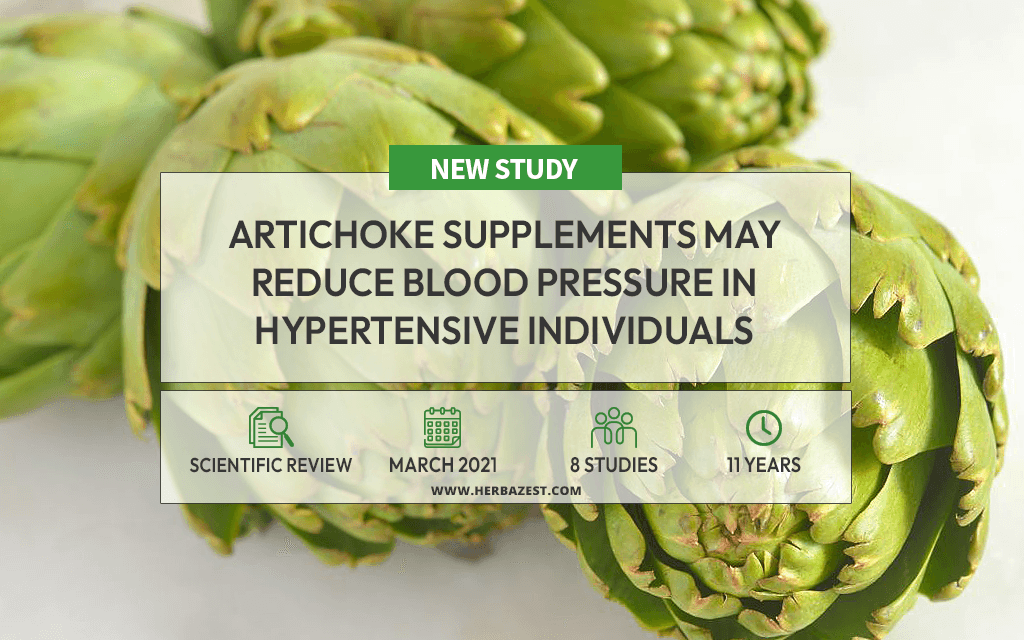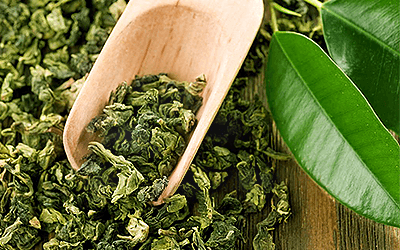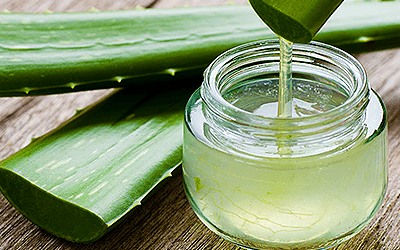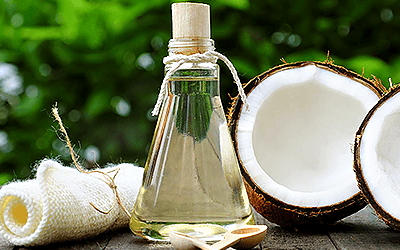High blood pressure is expected to affect over 1.5 billion people globally by 2025, making it a major health concern.1 While medications and lifestyle changes are the primary approaches to treating hypertension, long-term medication use can lead to side effects, and maintaining lifestyle changes can be challenging. One potential alternative is artichoke—a plant rich in bioactive compounds known for its heart health benefits. However, studies on its effectiveness in lowering blood pressure have shown mixed results, prompting researchers to conduct a systematic review and meta-analysis to better understand its potential.
The Study
The research analyzed eight clinical trials involving 512 participants over 11 years. The trials included diverse populations such as individuals with hypertension, non-alcoholic fatty liver disease (NAFLD), type 2 diabetes, and metabolic syndrome.
Study durations ranged from 8 to 12 weeks, with daily doses of artichoke supplements ranging from 100 mg to 19.45 g. The primary outcome measured was changes in systolic and diastolic blood pressure compared to placebo groups. The findings were published in the Complementary Therapies in Medicine journal.
The Results
The overall effect of artichoke supplementation on systolic and diastolic blood pressure across all populations was not significant. However, in specific subgroups, especially hypertensive patients, artichoke supplementation significantly reduced both systolic and diastolic blood pressure. Conversely, no notable changes were observed in patients with NAFLD.
The duration of supplementation also played a crucial role. Participants who used artichoke supplements for 12 weeks saw a meaningful reduction in diastolic blood pressure, while those with shorter supplementation periods (8 weeks) did not experience these effects.
What Does this Mean?
This review suggests that artichoke supplementation can be beneficial for individuals with hypertension, particularly with long-term use. Artichokes contain bioactive compounds like luteolin and cynarin, which promote nitric oxide production and reduce oxidative stress, mechanisms that help lower blood pressure. Additionally, artichokes' anti-inflammatory properties may further support cardiovascular health.
However, the supplement's effects were limited in non-hypertensive individuals, indicating that artichoke may be more suitable for managing high blood pressure rather than for general prevention. Further studies are required to refine the optimal dosage and long-term efficacy of artichoke supplementation for hypertension management.
For those seeking alternative herbal remedies, hibiscus, hawthorn, and garlic also show promising benefits in managing blood pressure.
Sources
- Complementary Therapies in Medicine, Effects of artichoke on blood pressure: A systematic review and meta-analysis, 2021
Footnotes:
- The Canadian Journal of Cardiology. (2007). Impact of World Hypertension Day. Retrieved October 9, 2024, from https://www.ncbi.nlm.nih.gov/pmc/articles/PMC2650754/




